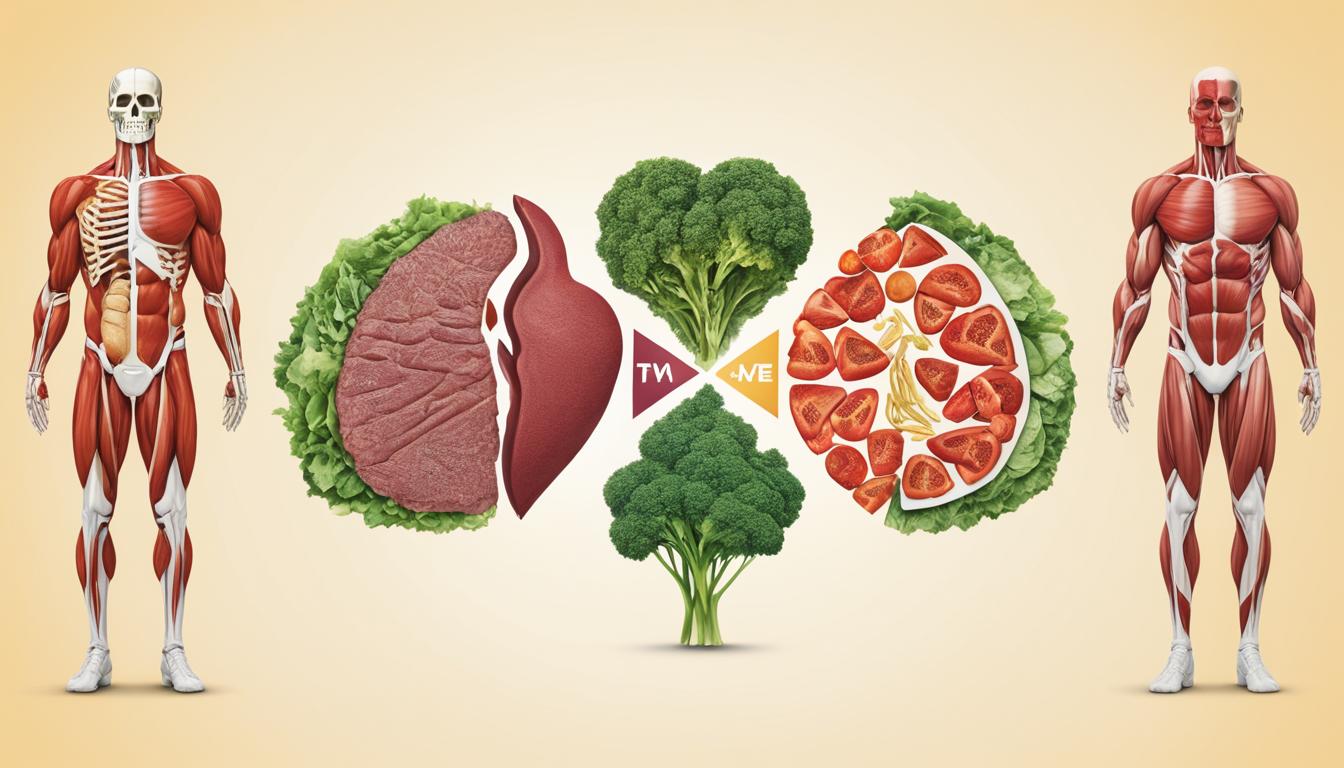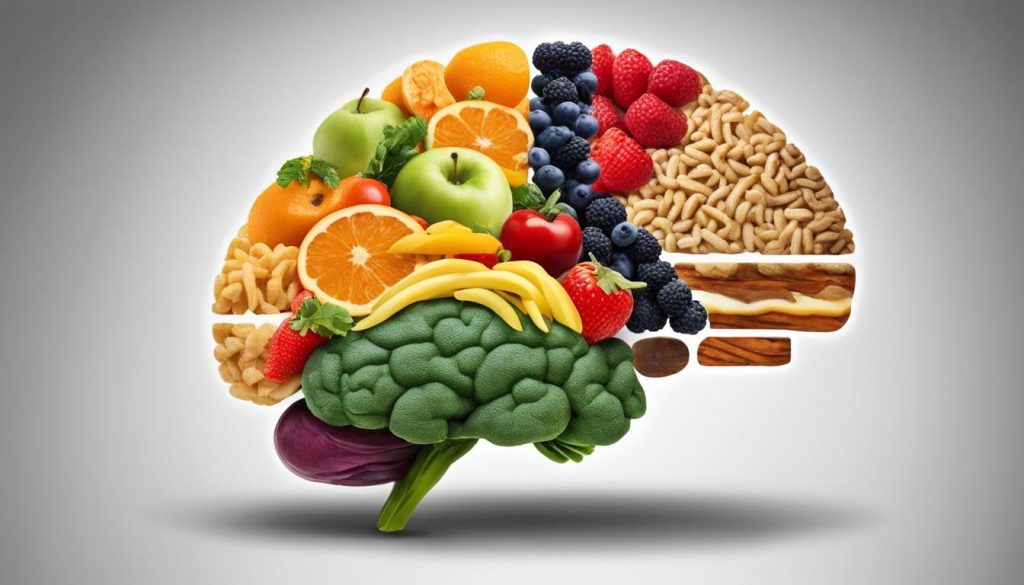How Diets Affect Your Body? Quick Facts for Instant Clarity

When it comes to our bodies, the food we consume plays a pivotal role in shaping our overall health and well-being. It's no secret that diets have a significant impact on our bodies, influencing factors such as energy levels, body composition, and overall health.
But how exactly do different diets affect our bodies? What are the effects of various diets on our health? In this article, I will explore the influence of diet on the body and the nutritional impact of different diets. From the relationship between diet and body composition to how our food choices affect our overall health, we will uncover the connection between diet and its effects on the body.
Many diets have gained popularity for their potential cognitive benefits. Keto, intermittent fasting, and low-carb, high-fat diets have all been explored for their impact on the brain. Some studies suggest that these diets, which often eliminate certain food groups, particularly processed foods, can lead to improved mental clarity and reduced brain fog. By removing sugar and refined carbohydrates from our diets, we may experience steadier blood sugar levels and better cognitive function.
Moreover, specific diets like the MIND diet, which combines elements of the Mediterranean and DASH diets, have shown promise in reducing the risk of cognitive decline and Alzheimer's disease. Our brain's primary fuel source is glucose, but alternative fuels like ketones can be utilized through low-carb and ketogenic diets.
It's important to emphasize that a nourishing, nutrient-rich diet is essential for optimal brain health. By incorporating fruits, vegetables, omega-3 fatty acids, and lean proteins into our diets, we can support our brain's function and well-being.
There is also a powerful connection between our gut health and brain function. The gut and brain communicate through the vagus nerve, and the gut microbiome, which consists of trillions of bacteria, plays a role in mood regulation and mental well-being. By paying attention to our eating habits and emotions through mindful eating, we can make better food choices and improve our mental health.
On the other hand, inadequate diets that are high in processed foods and low in nutrients can contribute to fatigue, impaired decision-making, and increased susceptibility to stress and depression. Therefore, it's crucial to choose a balanced diet that supports both our physical and mental health for a thriving body and mind.
Key Takeaways
Different diets have varying effects on brain health, with some promoting mental clarity and cognitive function. The keto diet has shown potential cognitive benefits due to its impact on ketone production and utilization by the brain. Intermittent fasting has been associated with improved focus, mental clarity, and productivity. Nutrition plays a crucial role in maintaining optimal brain function and reducing brain fog, particularly by avoiding processed foods and high-sugar diets. The MIND diet, a combination of the Mediterranean and DASH diets, has been linked to a reduced risk of cognitive decline and better overall brain health. The brain primarily relies on glucose for energy, but alternative fuel sources like ketones can be utilized through low-carb and ketogenic diets. A nutrient-rich diet that includes fruits, vegetables, omega-3 fatty acids, and lean proteins is essential for brain health. The gut-brain connection is important for mental well-being, as gut bacteria produce neurochemicals that influence mood and cognitive function. Mindful eating, being aware of eating habits and emotions, can lead to better food choices and improved mental health.

In Short, "How Diets Affect Your Body"?
Diets have a profound impact on the body, influencing various aspects of our health. Different diets can produce different effects on energy levels, body composition, and overall well-being. The type of diet one follows can even influence cognitive function, mental clarity, and mood.
Restrictive diets that eliminate certain foods or food groups have been found to improve brain function and reduce brain fog. By removing sugar and refined carbohydrates from the diet, blood sugar levels can stabilize, leading to improved cognitive function.
One key factor in promoting optimal brain health is a diet that prioritizes nutrient-rich foods. Fruits, vegetables, lean proteins, and omega-3 fatty acids play a crucial role in supporting brain health. Additionally, maintaining a healthy gut microbiome is essential as the gut-brain connection influences mental well-being.
Another important aspect of maintaining a healthy diet is practicing mindful eating. By paying attention to our eating habits and emotions, we can make better food choices and experience improved mental health. In summary, selecting a balanced diet that supports both our physical and mental well-being is essential for overall health and vitality.